Spain blasts Germany for unfair approach on combustion engines
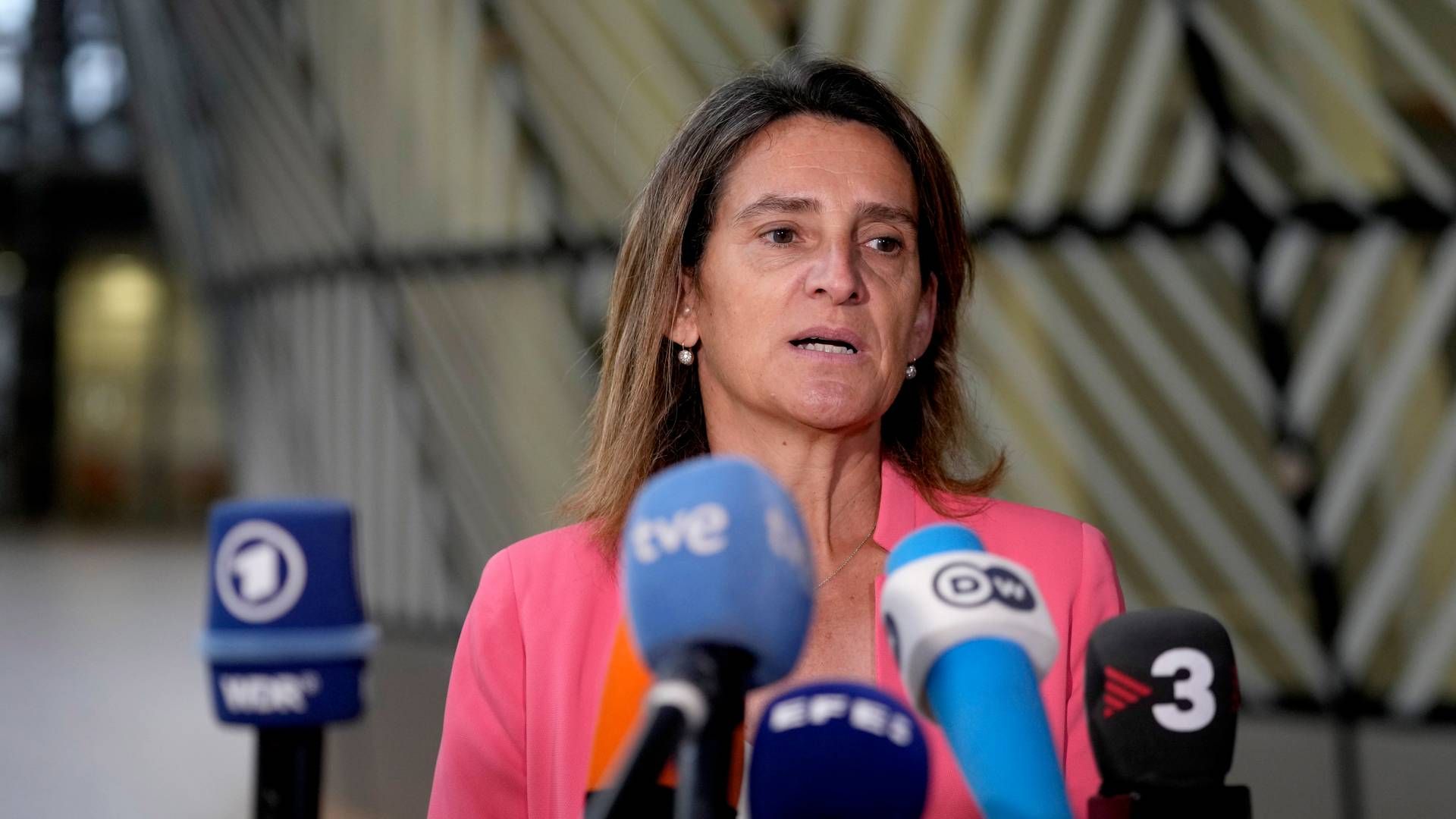
While EU fights to phase out petrol and diesel cars, Germany struck a controversial side deal with the bloc on Saturday allowing the country to keep production of combustion engine vehicles after 2035.
Now, the deal is subject to criticism from countries like Spain, which points to an already done deal on phasing out combustion engines in new cars by 2035.
That was to help ensure that the EU would by a net-zero economy by 2050, says Spain’s minister for ecological transition, Teresa Ribera, at a minister assembly in Brussels on Tuesday.
”Germany joined ranks with Italy and Poland in the very last moment to use a minority option to block the deal. On a case which had otherwise passed through the various EU institutions. As a matter of principle, we don’t like this approach. We think it’s not fair,” says Ribera Rodriguez.
Berlin row
The German government – backed by Germany’s automobile industry – surprised everyone earlier this months with last-minute opposition to a deal already passed through the EU’s legislative organs.
And Germany was not alone Italy, another major auto industry, has opted to postpone the phase out of petrol engines. In turn, Germany and Italy pledged to only use synthetic fuels, known as e-fuels, in the combustion engines.
E-fuel backers maintain that it will be carbon neutral, but some critics contend that e-fuel is still under development, that it looks to be a scarce resource in the future, and that it requires a lot of energy to produce it.
German minister of transport Volker Wissing deemed the EU side deal as ”technology neutral” in the weekend.
He has been an avid advocate for the production of combustion engine vehicles to continue on after 2035.
But Saturday’s deal has spurred a row within the German coalition government. Namely the party The Greens views the obstruction as a clear breach on joint EU climate policies.
Improper
And the side deal has also sparked controversy on an EU level. Both Spain and France have fought against it, contending that climate should outweigh German and Italian industry considerations. And because a deal is a deal in Brussels, says Ribera Rodriguez.
”Germany has handled the whole thing improperly. This should not cause precedence to be used whenever countries feel like it. These are difficult times for Europe and we all wish to build strong European relations, particularly in times of crisis. So it wasn’t a solidary act on Germany’s part. And I think it could ultimately challenge institution processes in Europe,” Ribera Rodriguez states.
Swedish energy minister Ebba Busch opts for a more diplomatic approach to the ordeal, saying that the Swedish presidency had preferred if Germany had made its opposition clear earlier on in the process. Before a deal was struck.
”It would give us a chance to know the countries’ positions, so that we could come up with solutions earlier on in the process. But things turned out differently, and we acted accordingly,” says Busch.
Related articles
Energy and clean industry on the docket at EU assembly
For subscribers

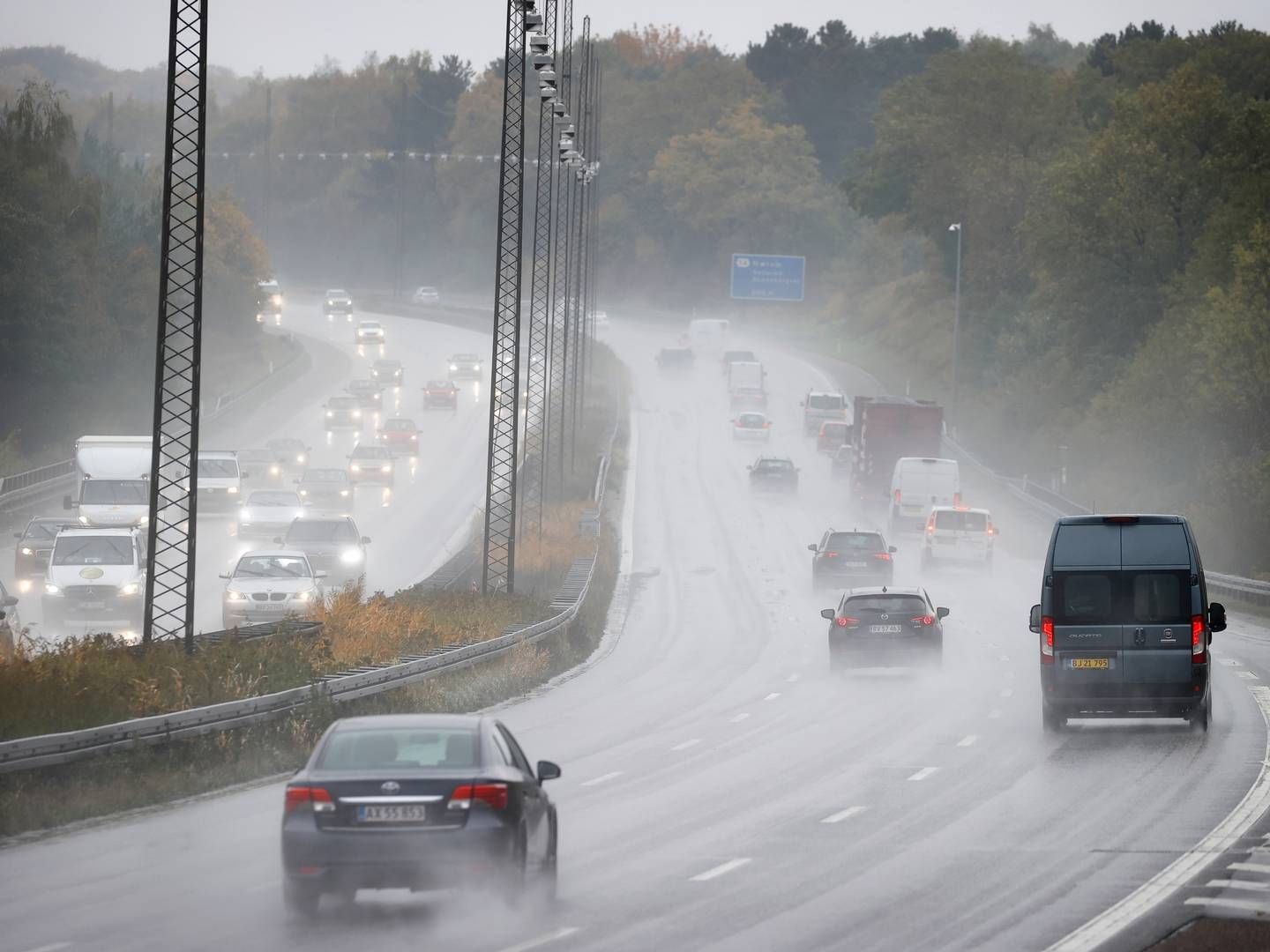
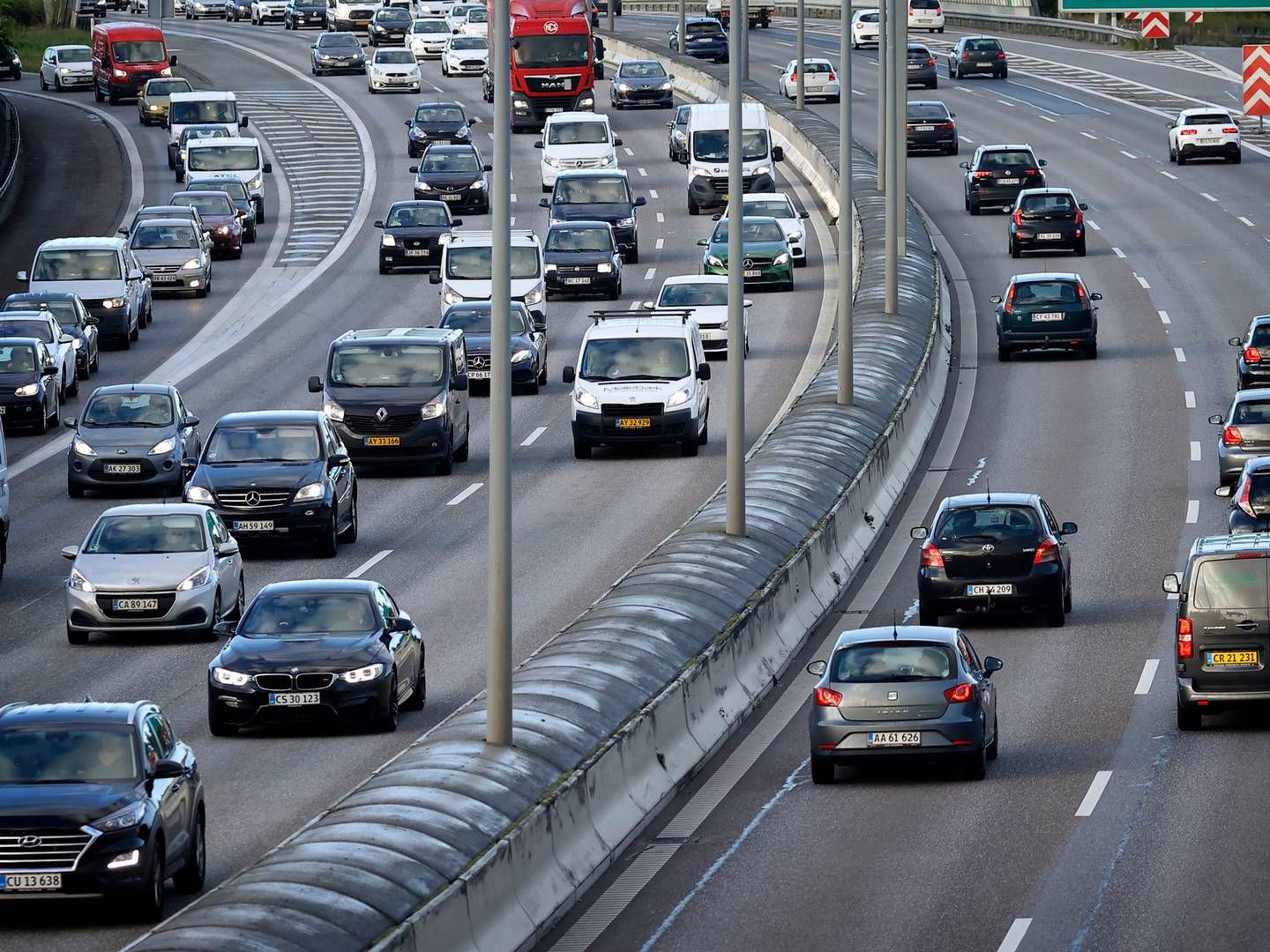
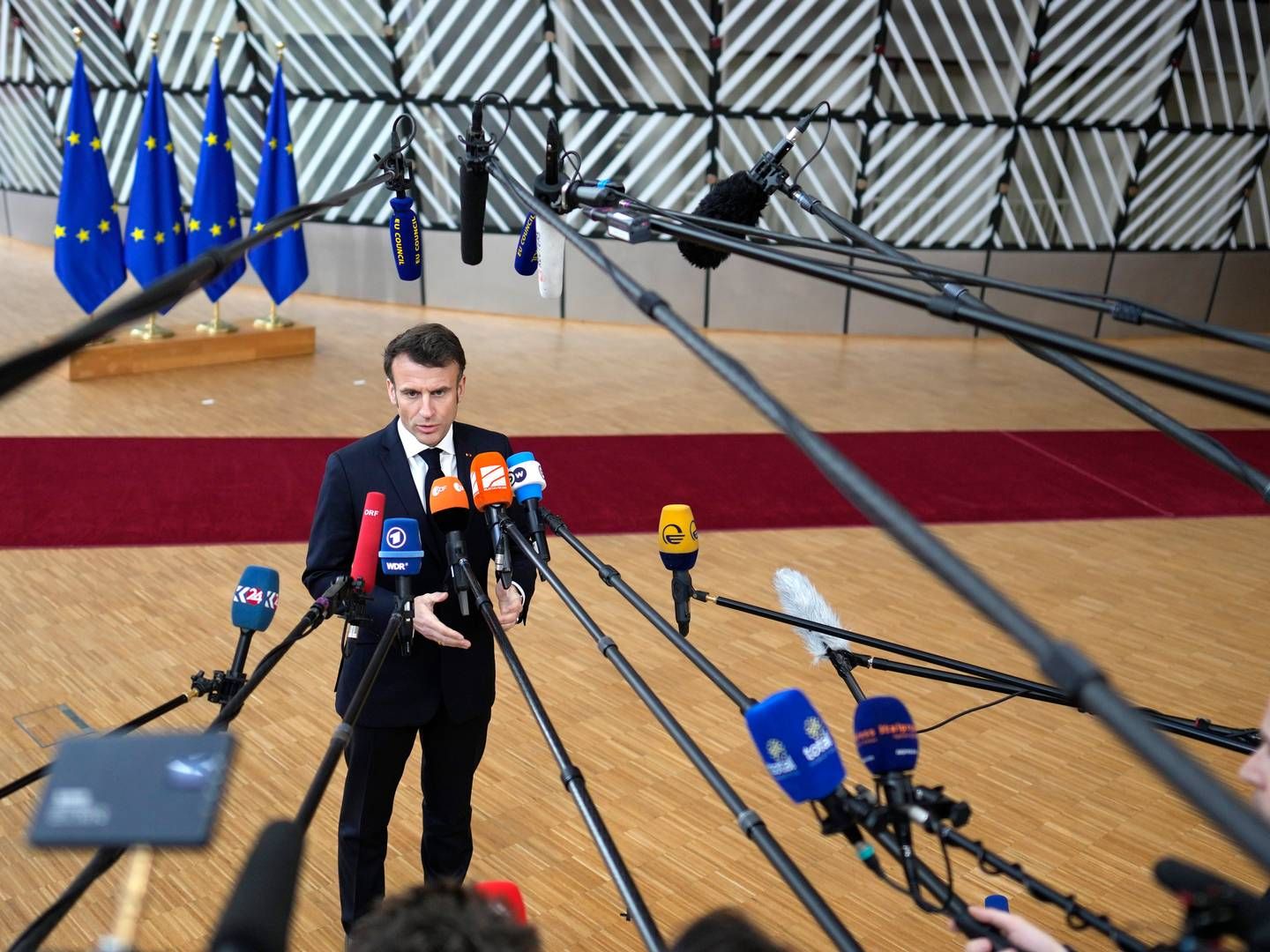








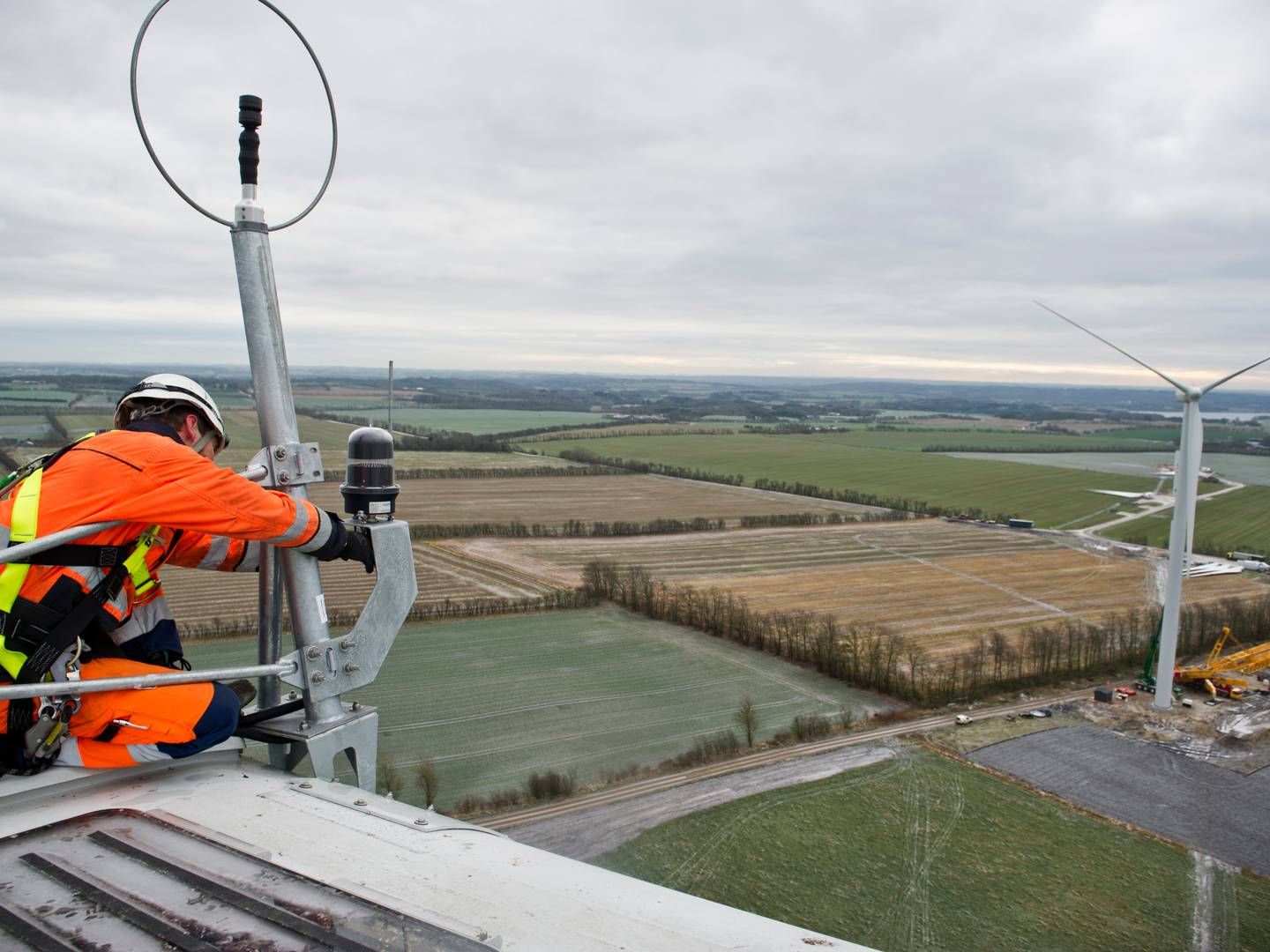





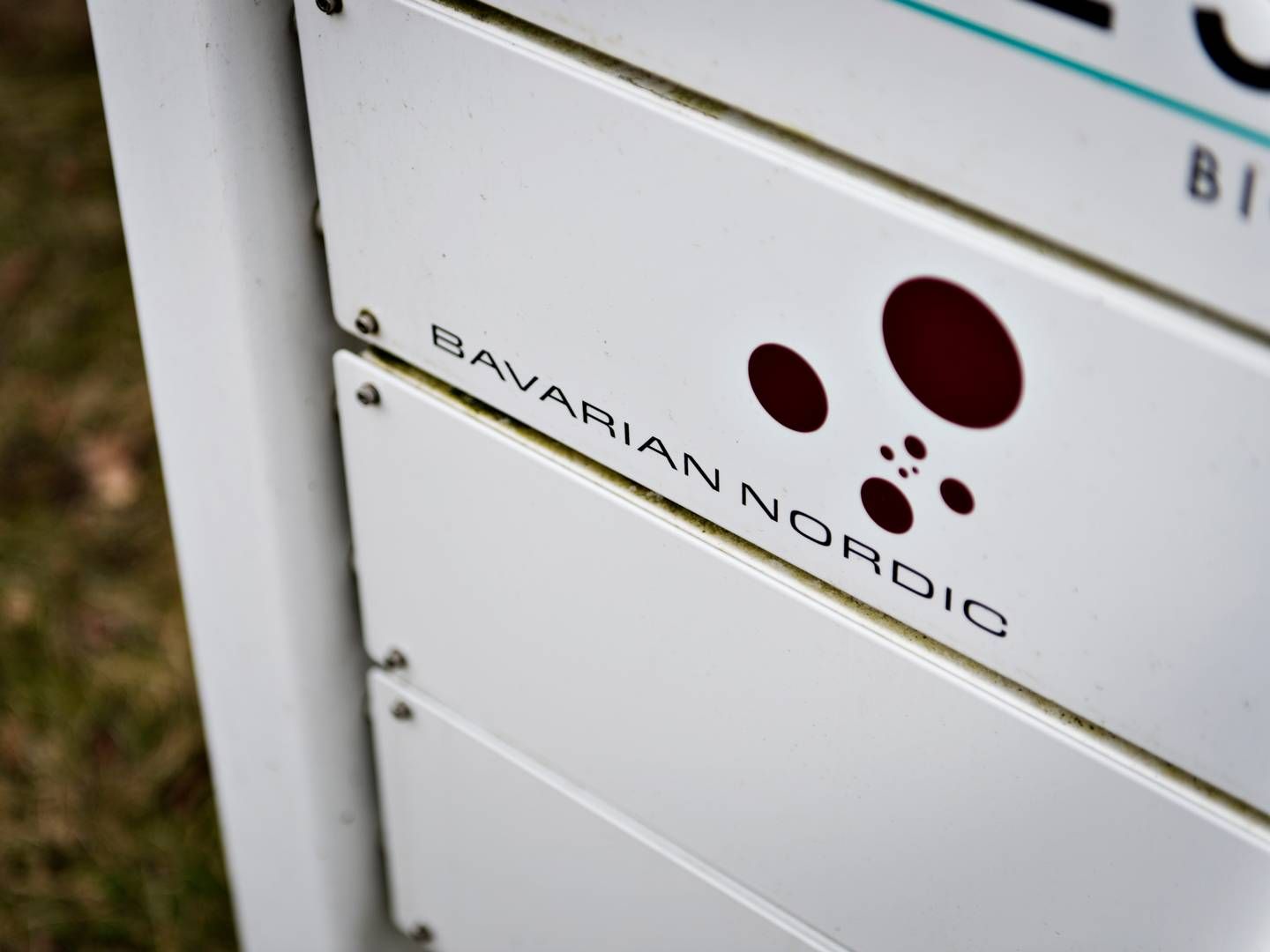





.jpg&w=384&q=75)
